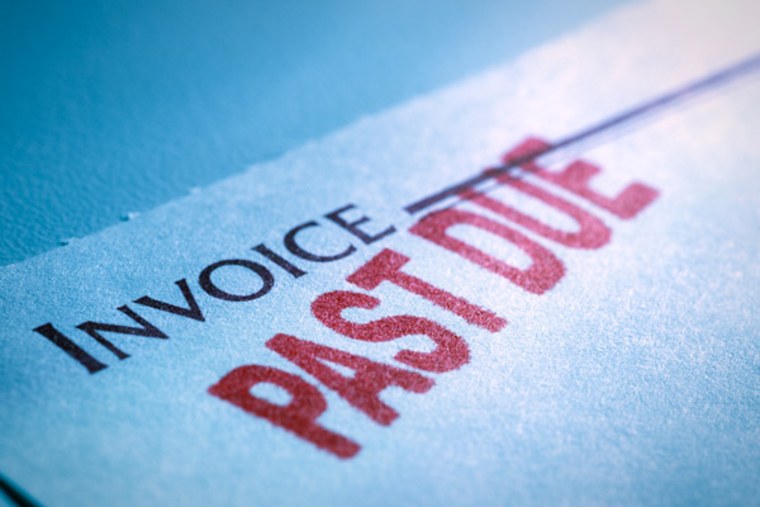Having trouble paying your bills on time? Millions of Americans are woefully behind on credit card payments, utility or medical bills, even parking tickets and may not understand the devastating effect that late payments or not paying at all can have on their credit. A study released in July by the Urban Institute found that 35 percent of Americans have debt that has gone into collection — and one out of 20 has debt that is at least 30 days past due.
Paying even a month late on your credit card bill can hurt your credit score. Failing to make a payment altogether — even just a library fine — has a much more adverse impact. Having a debt go into collections will stay on your credit report for up to seven years. Yet, many consumers may not be aware of late payments and unpaid debts until they check their credit report. That's the first step in fixing your credit. Here are three steps to help you repair your credit score.
Check your credit report – for free!
Go to www.annualcreditreport.com to request a free copy of your credit report from each of the three major credit bureaus: Equifax, Experian and TransUnion. Your credit report contains the information that is used to calculate your score. So you want to make sure there are no errors, especially late payments listed incorrectly.
Find out your credit score – for free!
Your FICO score is the most common credit score that lenders use to decide whether to offer you a credit card, private student loan, car loan or mortgage — and at what rate. A few credit card companies — Discover, Barclaycard US, and First National Bank — now provide FICO scores for free to their customers on their monthly statements. If you're in college or graduate school, Sallie Mae will also start providing free FICO scores quarterly to students with a Smart Option student loan disbursed in the 2014-2015 school year.
You can also get free credit scores from Quizzle.com, Credit.com and CreditKarma.com — which may draw on your credit information from one or more of the credit bureaus and also offer resources to help you improve your score.
Schedule automatic payments.
If you have missed payments, start paying regularly and stay current. Use online bill pay through your bank to schedule automatic payments for your monthly credit card, utility, rent, mortgage and other bills. Your payment history has the greatest effect on your credit score — contributing to over one-third of that important number — and missed or late payments are not easily fixed. But the longer you pay your bills on time the more your score will increase.
Don't be discouraged if your credit score doesn't improve immediately. Paying off a collection will not remove it from your credit report. It'll still stay on there for seven years. But paying it off and paying other bills on time will reduce the impact.
Get help staying on track.
If you need help trying to figure out how to pay off your debts and make ends meet, contact a non-profit credit counselor through the National Foundation For Credit Counseling at www.debtadvice.org.
